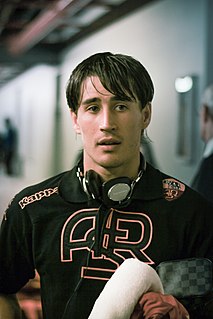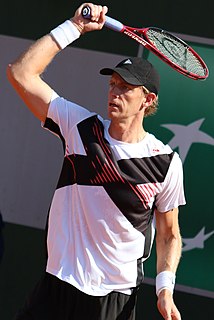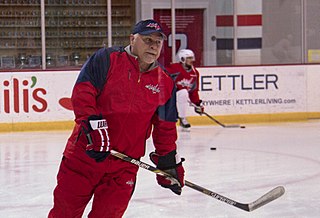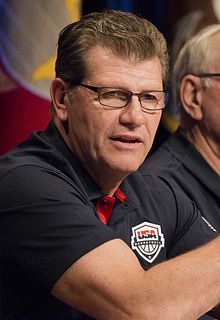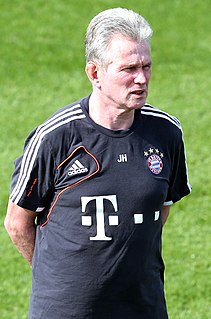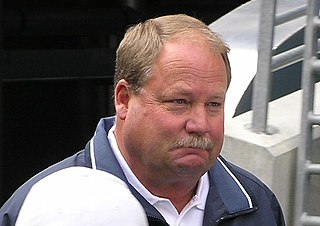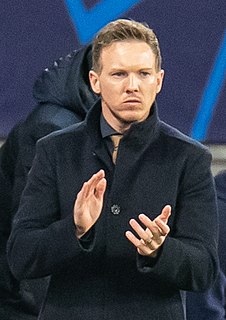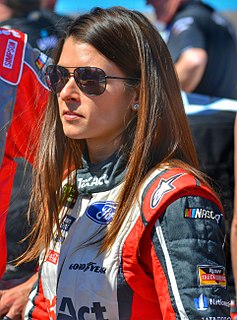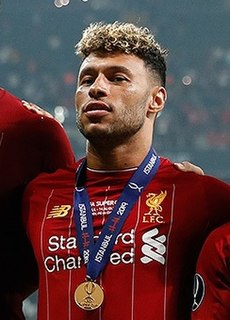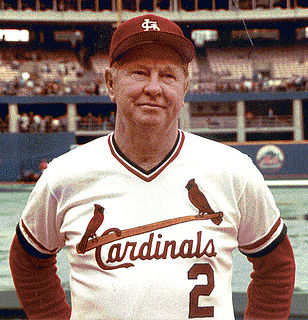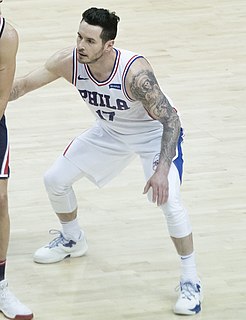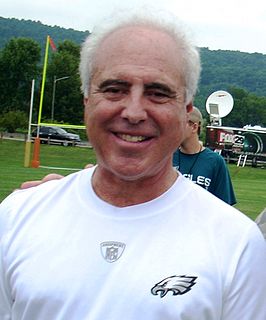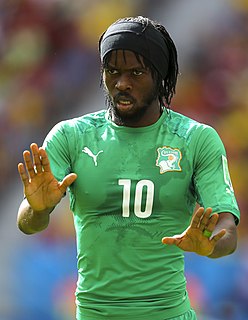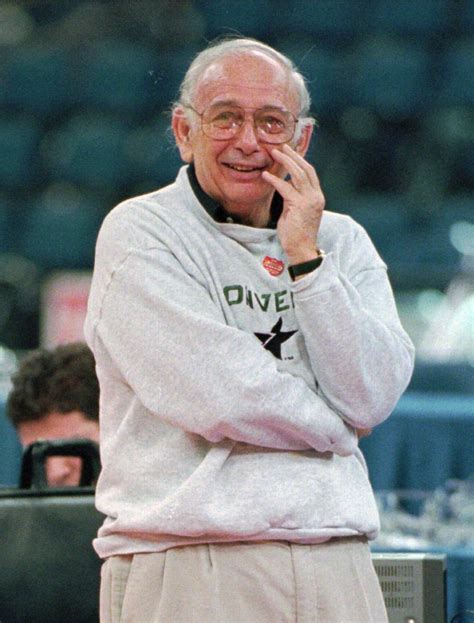A Quote by Bojan Krkic
One thing that I like from a coach is that they don't put up too big a distance between the player and the trainer.
Related Quotes
To whom one reports is a unit of measure. It measures the exact distance between the player and the center of power. It is the closest we can get to a calibrated answer to the question 'How big am I?' More than the size of an executive's office or even his title, which no one remembers anyway, the fewer people between the player and a 'yes,' the more powerful he is.
If you are getting into coaching right out of college, you're not one of the coaches because you're not really, like, a coach yet. You're someone who's in limbo all the time. Navigating that is not easy. If you try to be too much like a player, then the coaches are like, You're not too serious about coaching. If you're going to be too much like a coach, the players are not going to confide in anything.
Sometimes I'd literally show up at the gym having a panic attack, and my trainer would be like, 'All right, let's just go get breakfast.' I can't give enough credit to him... he was really there for me, and not just like a trainer where it's like, 'Well, come on, man, I gotta pump you up.' He cared more about my mind and the state that I was in.
